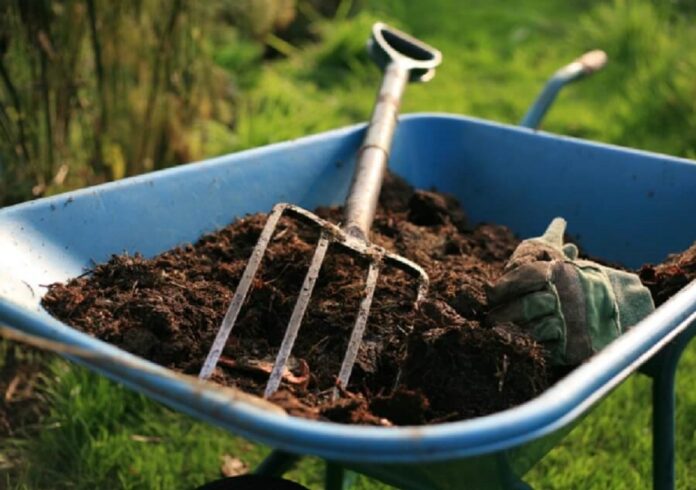- Advertisement -
Fertilizers supplement plants with the vital nutrients needed for optimal, healthy growth. There are two categories of fertilizers: organic and inorganic fertilizers. (homeguides.sfgate.com).
Read also: Types of Inorganic Fertilizers
What is Organic Fertilizer?
Any fertilizer that originates from an organic source, we consider it organic. Some examples include fish extracts, manure, and compost. (www.gardenmyths.com)
According to homeguides.sfgate.com, Organic fertilizers undergo little processing and include ingredients such as compost and manure.
Read also: Organic Farming: Types, Principles, Methods and Importance
Advantages of Organic Fertilizer
- The organic type of fertilizers, besides releasing nutrients for plant’s growth also improves soil structure. The continuous application of them will improve water and nutrients retention of the soil and improve activities of beneficial soil organisms.
- They release nutrients slowly and so it is difficult to over-fertilize and harm your plants.
- You avoid the condition of the toxic build-up of chemicals and salts. These chemicals and salts are not good for plants. More so, they can wash into nearby waters and underground waters, making them unhealthy for consumption by man or animals.
- They are environmentally friendly and sustainable. Also, they are renewable and biodegradable.
- They can be made from household biodegradable waste such as kitchen waste, plant leaves and other plant residues.
Read also: Inorganic Fertilizer: Advantages and Disadvantages
Disadvantages of Organic Fertilizers
- They takes some time to break down and so releases nutrients slowly. This does not help in the quick recovery of crops.
- It is bulky. Nutrient levels in this kind of fertilizers are relatively low and so requires relatively large quantities to reach plants requirements.
- Microorganisms require warm and moist conditions to break down release nutrients. During the dry and cold seasons, the activity of microorganisms is substantially reduced and so the effectiveness of fertilizer is limited.
Read also: Compost: Composting Steps, Materials and Importance
- Advertisement -


